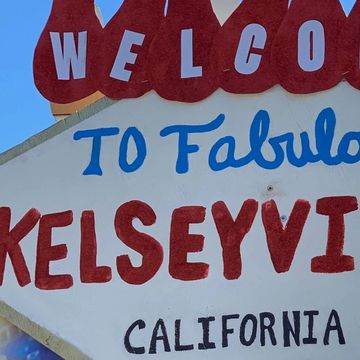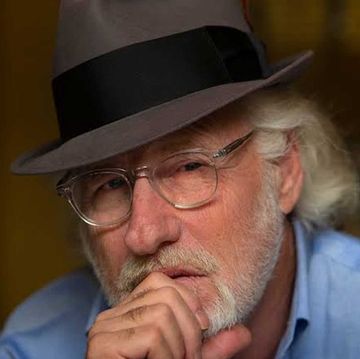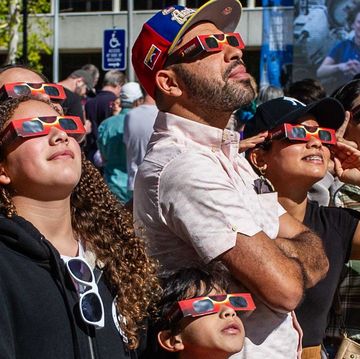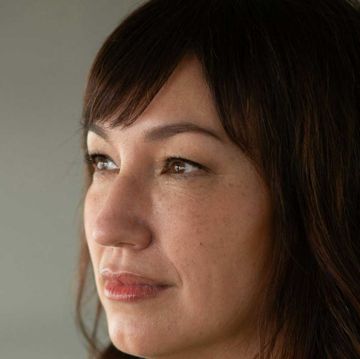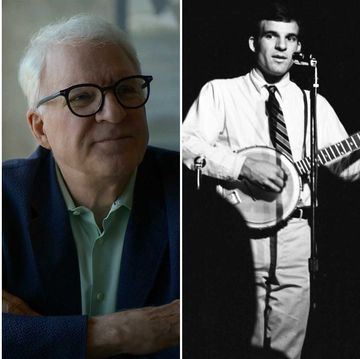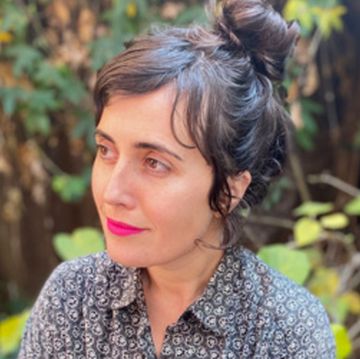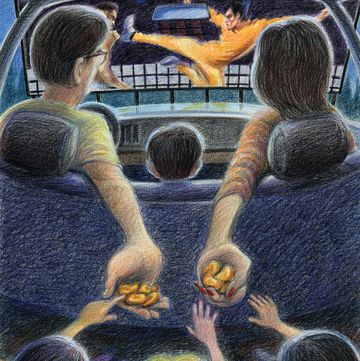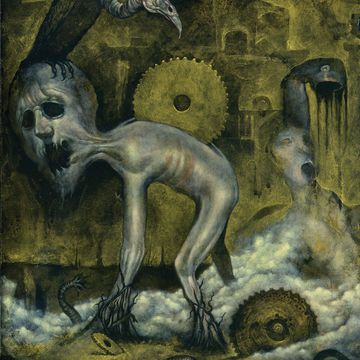In January of this year, months before the Writers Guild of America went on strike, the discussion on a group email list of fellow magazine editors turned to artificial intelligence. Was anyone receiving machine-generated submissions disguised as human-created ones? With advances in software like ChatGPT, Chatsonic, and Bing Chat, would editors be able to tell the difference? Could anything be done to prevent AI from taking the place of humans when it came to the art of writing? Similar concerns would later form the core of one of the WGA’s demands: that its members, and not AI, be used to create the storylines and source material for film, television, radio, and other forms of entertainment.
As Alta Journal went to press, some publications had inserted “no AI” clauses into their writer contracts. Some had taken measures to block AI software from ingesting the content on their websites and learning from the writing they’ve published. The WGA strike had not been settled, and AI’s encroachment into the act of writing continued unchecked. In June, the venerable Booker Prize Foundation published an essay by Ian Leslie describing a future scenario in which its judges might be duped by a software-created novel. The next month, behind closed doors, Google pitched an AI tool that can write news articles to the New York Times, the Washington Post, and the Wall Street Journal. In August, during an Alta Live event with Jennet Conant, author of our Issue 24 cover story on the parallels between the Manhattan Project and the drive to develop artificial intelligence, an audience member asked whether Alta would ever publish articles written by AI.
This article appears in Issue 25 of Alta Journal.
SUBSCRIBE
At stake here is nothing less than the future of writing. At Alta, we believe that writing is a mode of human expression that needs to be defended and celebrated. The publishing of good, clear writing is a bulwark against social media’s onslaught, politicized cable news, and the gutting of newspapers by hedge funds. Good writing respects the intelligence and curiosity of readers and, by doing so, rebukes those who ban books, burn books, and fire school librarians.
Our cover line—Write.—declares our commitment to the type of writing that can come only from humans. Think deep reporting and true artistry. Passages that convey pleasure, pathos, emotion, experience. Our special section honors authenticity. Alta newsletter editor Matt Haber profiles novelist Dave Eggers and the outsize role that his journal McSweeney’s and its namesake publishing arm have had on writers and writing in California, across the West, and beyond. Pulitzer Prize winner Forrest Gander interviews the most important and influential poet you’ve likely never heard of. Authors like Edan Lepucki, Reyna Grande, and Mary Roach invite us into their inner sanctums and share insights about their creative processes (rituals, superstitions, hard work!). In addition, we’ve curated tips from eight authors whose works were selected for the California Book Club, our free monthly online gathering—another way we celebrate great writing. In these pages, for instance, you’ll find Julie Otsuka on symbolism, Michael Connelly on narrative pacing, and Steph Cha on research. And we’re not in denial about the inevitability of AI: we’ve tasked novelist Jim Lewis with confronting the beast head-on and examining what its arrival portends.
You’ll also find a holiday guide featuring books by Alta contributors. This special pullout showcases 126 titles by distinguished writers and artists we’ve had the honor of publishing. We hope you’ll be inspired to visit your local bookstore and support these authors through presents for your loved ones.
Together, our special section and gift guide demonstrate the pull that our region exerts on writers. Consider this issue’s poems by Tayi Tibble, from New Zealand, and Shangyang Fang, from China. Tibble connects her Māori heritage of crossing oceans and telling stories to a walk along the beach in Los Angeles; Fang reflects on the meaning of physical interactions from the San Francisco shoreline.
And let me be clear: We are not so set in our ways that we resist change. Rather, we embrace it. For instance, this issue introduces fiction writer Andrew Hubbell. Our publication of his short story “The Mailman” marks his first time in print. Also new to Alta are puzzle masters Rebecca Goldstein and Rafael Musa, whose crossword and acrostic appear here. As you might guess, the themes of both puzzles are related to—wait for it—writing!
Throughout our journal are further demonstrations of writing that sheds light on the human condition in all its mad, bad, and wonderful glory. John Freeman offers a meditation on memory and cities in his essay about running. Linda Ronstadt describes discovering her “whole voice” as well as losing her ability to sing. In “Generations of Hurt,” writer Daniel Duane examines the murders and disappearance of nine members of the Round Valley Indian Tribes, in Northern California, and the legacy of genocide that preceded them.
We hope you’re moved by this issue as much as we are. So, go ahead: Write.•
Blaise Zerega is Alta Journal's editorial director. His journalism has appeared in Conde Nast Portfolio (deputy editor and part of founding team), WIRED (managing editor), the New Yorker, Forbes, and other publications. Additionally, he was the editor of Red Herring magazine, once the bible of Silicon Valley. Throughout his career, he has helped lead teams small and large to numerous honors, including multiple National Magazine Awards. He attended the United States Military Academy and New York University and received a Michener Fellowship for fiction from the Texas Center for Writers.




